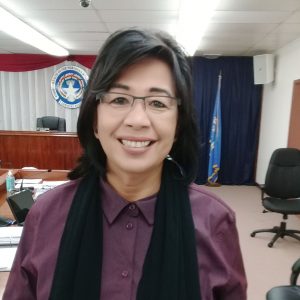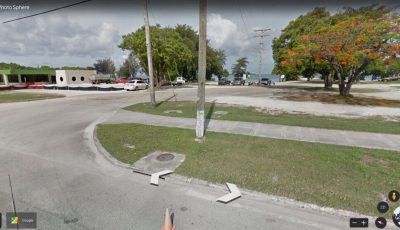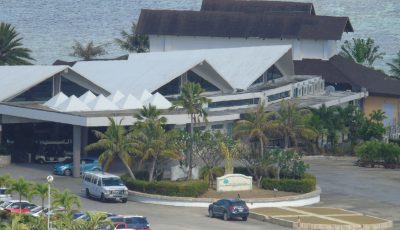Santos objects to proposal to require Legislature’s approval of DPL budget
The Department of Public Lands opposes a legislative proposal that will require the Legislature to first approve DPL’s proposed annual budget.
DPL Secretary Teresita A. Santos said the department may be unable to perform its duty to manage and dispose of public lands if the Legislature fails to approve DPL’s budget plan.
This, Santos said, would prevent DPL from maximizing revenues from public lands—recognized by the framers of the CNMI Constitution as “the only significant asset that the people of the Commonwealth have”—with the result of defunding the Marianas Public Land Trust.
While DPL acknowledges that the constitutional language in Article 11 Section 5 requiring that “the annual budget of the corporation shall be submitted to the Legislature for information purposes only” is no longer constitutionally operative pursuant to a previous court ruling in DPL’s lawsuit against the Commonwealth, the court also held that the Legislature may not act in a way that infringes on another constitutional office, she said.
Santos expressed DPL’s opposition to the proposal in the department’s position on House Bill 23-28, HS1.
In DPL’s position on the legislation submitted recently to House of Representatives Ways and Means Committee chairman Rep. Ralph N. Yumul (Ind-Saipan), the DPL secretary requested that the Legislature revise the bill consistent with her comments prior to considering it for passage. Otherwise, she said, DPL does not support passage of the legislation.
Authored by Rep. Angelo A. Camacho (Ind-Saipan), House Bill 23-28 seeks to clarify the process for appropriation of DPL’s administrative expenses and the transfer of funds to MPLT.
Camacho stated in the legislation that there are ambiguities in the relationship between the responsibilities of DPL regarding the collection and expense of money related to public lands and the duty of MPLT to receive and invest public land money. To resolve this ambiguity, the bill expressly places DPL within the normal budgeting process for an Executive Branch agency.
Santos said DPL opposes the bill’s proposed revisions to a statute requiring the transfer to MPLT of all revenue not included in the approved budget, within 30 days after the budget is approved by the Legislature or within 30 days after the last day of each fiscal year.
Currently, Santos said, DPL is required by law to include in its budget “sums required to be held in reserve for approved homesteads or other department programs in the next two fiscal years.”
This, Santos said, recognizes that DPL must hold certain funds in reserve beyond the end of the existing fiscal year in order to ensure that DPL has continuous access to funding to provide uninterrupted operations in the event that DPL does not collect enough cash revenue in the first months of the fiscal year to fund expenses that come due in those first months
Santos suggests revising a provision in the proposed statute to require that “each year, within one year after the last day of each fiscal year, the department shall complete an audit of its revenue and expenses for such fiscal year to determine the amount of remaining revenue to transfer to MPLT.”
She said within 30 days after the completion of each audit, DPL shall transfer to MPLT the amount specified in the audit.
Santos also opposed the proposed addition of “homestead program development expenses” to the extent that it is intended to include expenses outside DPL’s jurisdiction.
While certain homestead program development expenses may be paid out of funds derived from public lands, she said the term “development expenses” is too broad and would be unconstitutional to the extent that it is intended to include other costs associated with homestead development, such as infrastructure expenses to develop roads and water, sewer, and power.
Santos, however, supported the proposed revision in order to delete land compensation judgments as obligations and operational expenses of DPL.
She said the provision requiring land compensation judgments to be paid out of funds derived from public lands was held unconstitutional by the CNMI Supreme Court in a previous DPL suit against the government.




























